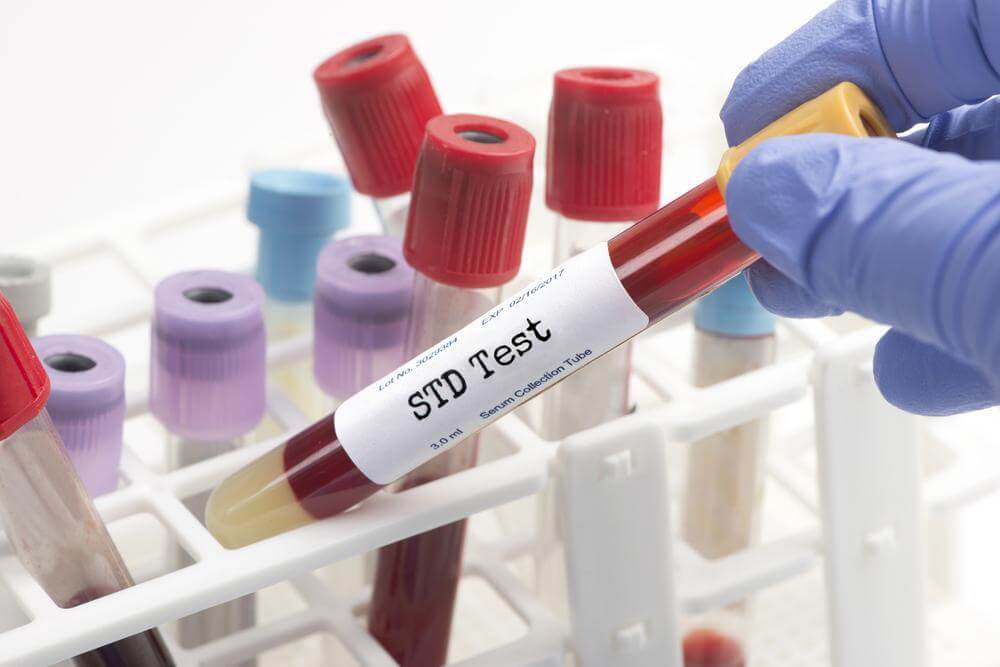Safeguarding Your Health: STD Testing and Preventing AIDS Progression with Specialty Care
Sexual health is an integral part of your overall well-being. Engaging in safe and healthy sexual practices is crucial, but uncertainties can arise. If you experience any potential STD symptoms, such as unusual discharge, genital burning, or unexplained pain, it’s crucial to seek confidential STD testing to ensure your health and the health of your sexual partners. Sexually transmitted diseases (STDs) are infections that can be transmitted through sexual contact. HIV is a specific STD that weakens the body’s immune system, making it more susceptible to infections and illnesses. Untreated HIV infection can progress to AIDS, a stage where the immune system is severely compromised. While there is no cure for HIV, early detection and treatment can significantly slow the progression of the virus and improve overall health outcomes. Seeking confidential STD testing with specialty care can alleviate anxieties and provide a comfortable, reliable, and judgment-free environment for evaluation.

Why Prioritize STD Testing to Prevent AIDS Progression? The Importance of Early Detection and Treatment
Early Intervention and Improved Health Outcomes:
Early detection of HIV through STD testing allows for prompt treatment initiation. Effective HIV treatment can significantly suppress the virus, preventing its replication and delaying or potentially preventing the development of AIDS. Early intervention improves overall health outcomes and quality of life for individuals living with HIV.
Protecting Yourself and Your Partners:
Knowing your STD status empowers you to make informed decisions about your sexual health and the health of your partners. Early detection and treatment of HIV can significantly reduce the risk of transmitting the virus to others. This promotes responsible sexual behavior and protects your sexual partners.
Peace of Mind and Informed Decisions:
Undergoing confidential STD testing can provide peace of mind and allow you to address any necessary treatment plans promptly. Early detection empowers you to make informed decisions about your health and well-being.
Benefits of Seeking Specialty Care for Confidential STD Testing with a Focus on HIV: Discretion, Expertise, and Support

Confidentiality and Non-judgmental Environment:
Specialty care providers prioritize patient confidentiality. You can discuss your concerns about STDs and HIV openly and receive testing without judgment, ensuring a comfortable and safe environment.
Expert Evaluation and Testing Options:
Specialty care providers are equipped to conduct a thorough evaluation of your symptoms and medical history. They can perform physical examinations and order specific tests, including various HIV testing options, to determine the presence of an STD and provide an accurate diagnosis.
Access to Advanced HIV Testing:
Specialty care clinics offer access to a range of advanced HIV testing options. These tests can detect HIV infection at various stages, including very early after potential exposure.
Treatment Plans and Ongoing Support:
If an STD is diagnosed, including HIV, specialty care providers can design personalized treatment plans. For HIV, this includes access to antiretroviral therapy (ART), which can significantly suppress the virus and improve health outcomes. They can also offer ongoing support and guidance throughout the treatment process and address any questions or concerns you might have about your sexual health.
Convenient and Accessible Testing Options:
Specialty care clinics often offer convenient appointment scheduling and flexible testing options, catering to busy lifestyles and ensuring easy access to confidential testing services.
Common STD Testing Options Available with Specialty Care: A Comprehensive Approach
HIV Testing Options:
- Rapid HIV tests: These tests provide quick results, often within minutes, but might require confirmatory testing.
- Antibody tests: These blood tests detect the presence of HIV antibodies, typically indicating infection within a few weeks to months.
- Viral load tests: These blood tests measure the amount of HIV virus present in the body, helping monitor treatment effectiveness.
